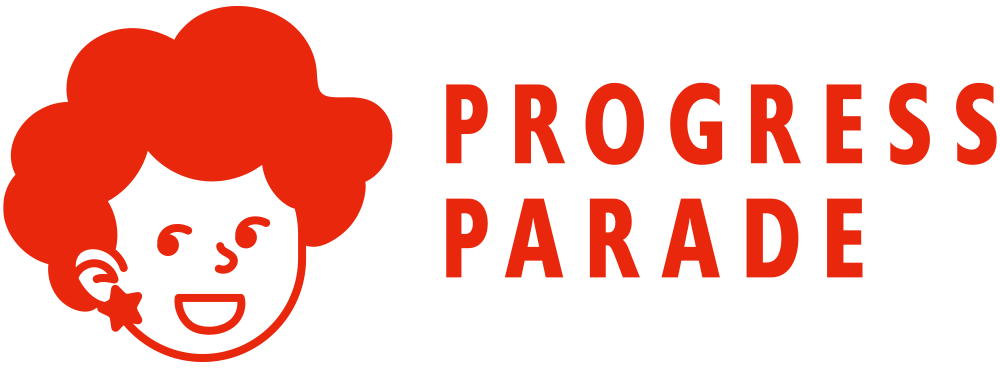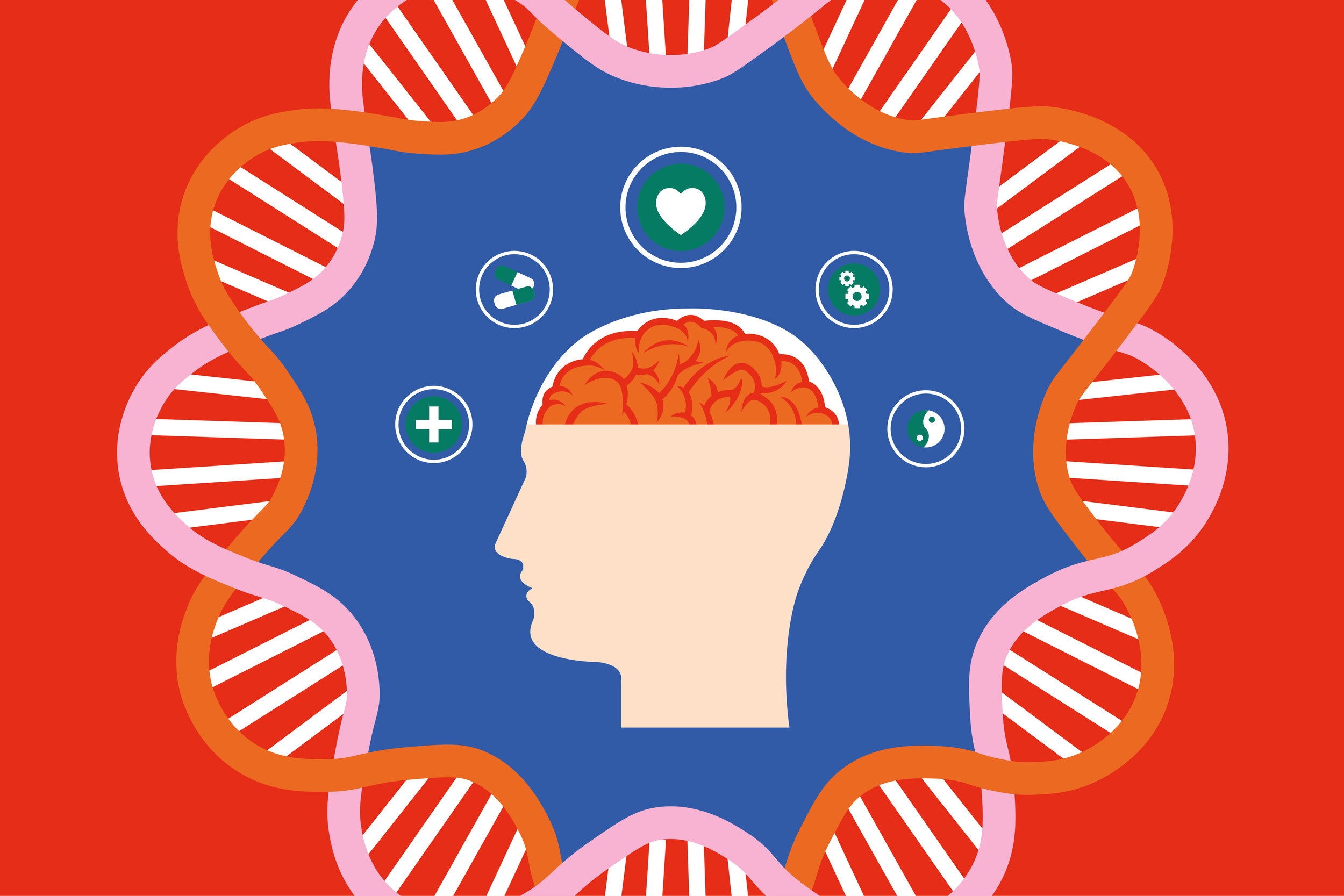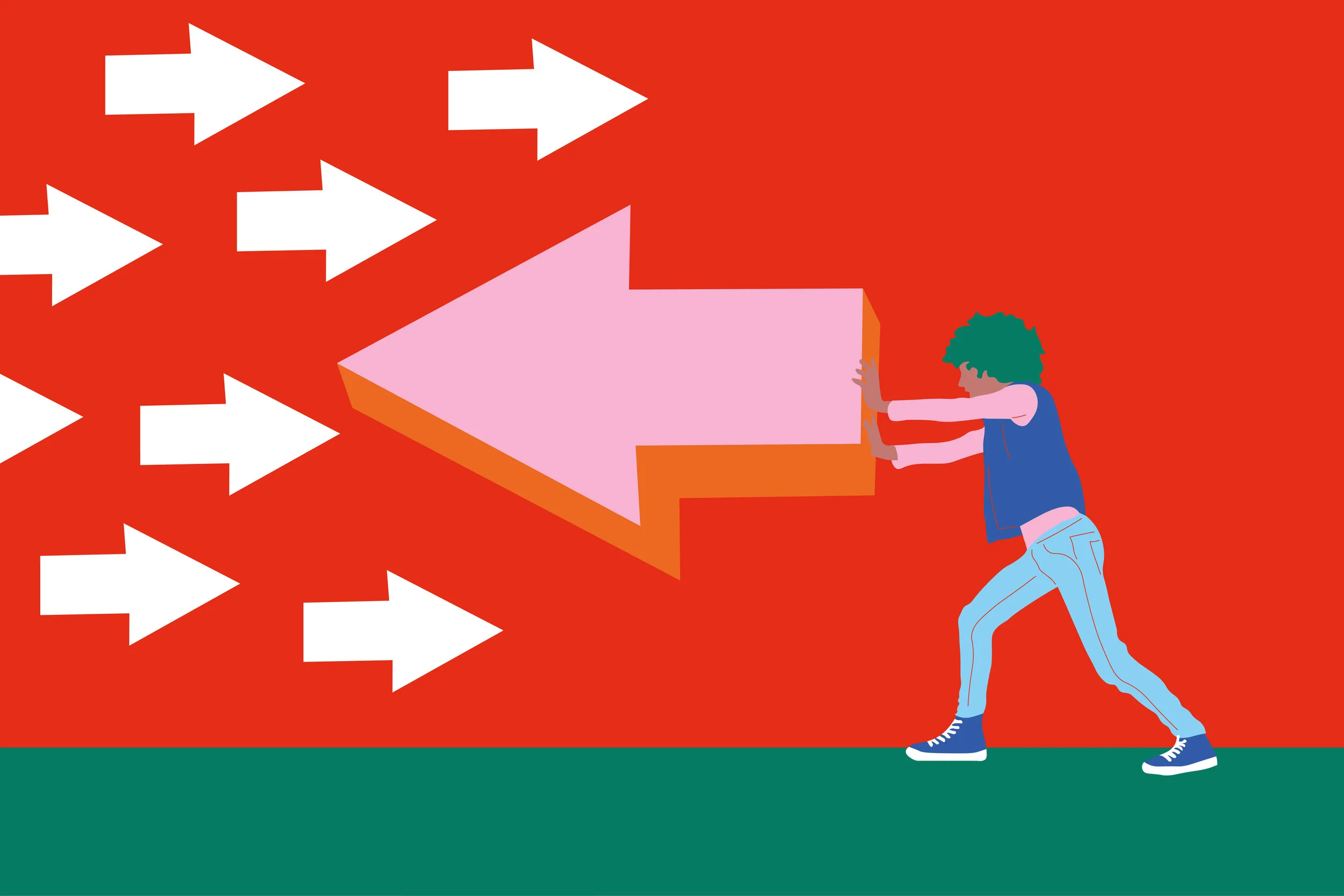Educational therapy: turning learning challenges into life changing achievements
When parents hear that at Progress Parade we can help your child to turn their learning challenge into a life changing achievement, they wonder if that’s really possible. It sounds too good to be true! We can assure you it is possible, with the right components in place. We wanted to spend some time sharing some of the ingredients for success to help empower you to start your children on this exciting journey.
Early Intervention for ADHD, dyslexia, learning disabilities, and executive functioning
We unfortunately hear from many parents that when they bring up an academic concern at school, the teacher encourages them to “wait and see” if their child catches up before doing anything. We couldn’t disagree more! Research has demonstrated over and over again that early intervention is a critical ingredient for success in overcoming an academic challenge. When we take a “wait and see” approach, academic problems are likely to get more complex and harder to remedy. Over time, the gap between a student’s skills and their peers tends to grow. Perhaps most importantly, the more a student repeatedly struggles in a specific area, the more they are likely to accumulate negative self-talk and beliefs about their skills in that academic area. It can be a really vicious cycle!
For example, imagine your first grader is struggling to learn how to read. Most of their peers are reading pretty simple books, working on decoding short words, and learning site words. If your child is struggling at this level, they may have a slight awareness that their peers are reading more easily than them, but the gap is pretty small. They’re all just learning! Typically some strong, consistent phonics-based instruction will go a long way towards helping your child “crack the code” to reading in first grade.
If they haven’t gotten support by fourth grade, the gap can be much bigger. Peers are beginning the transition to longer books and starting to read to learn rather than learning to read. There is more catch-up work to be done and the struggling student is much more likely to believe they are “bad at reading” or even that they are “stupid”. Whenever humanly possible, we want to catch challenges when they are small and before the negative self-talk has started!
“The more a student repeatedly struggles in a specific area, the more they are likely to accumulate negative self-talk and beliefs about their skills in that academic area.
Channel Goldilocks and find the “just right” challenge for your student
When we’re working toward turning a learning challenge into a life changing achievement, it’s really important to be strategic about the skill we choose to work on first! It has to be challenging, without being too hard or impossible. If we pick a skill that’s too advanced, it can easily turn into a frustrating and discouraging experience. On the other extreme, we don’t want to work on something that’s too easy. We don’t want to praise progress and pretend like they overcame a challenge when it’s something they already knew how to do. Children can sense insincerity from a mile away. It’s also a waste of time if they’re not learning anything.
If you want to get nerdy, you can look into the zone of proximal development (ZPD) which is a term coined by psychologist Lev Vygotsky. ZPD describes that perfect challenge sweet spot. It’s the skills that a learner can do with guidance but can’t yet do on their own.
Our biggest advice is to start where your student is, not where they “should” be. It’s really tempting to shoot for the stars right away. A better approach is to build a nice, predictable ladder to the stars and get there one steady step a time. For example, we have many students who have failed classes when they start with us and need credit recovery in the summer. While it can be tempting to try to make up all of the classes at once, we don’t want to put the student in the same situation that just created a “failing” experience. We want to start small, with maybe one or two classes. Then we can build some habits for success, let the student experience positive feedback, and then build their skills from there.
Learning Disabilities, ADHD and other challenges require consistency
Rome wasn’t built in a day, and your child isn’t going to turn their learning challenges into a life changing achievement overnight. When you start off working on a specific skill, plan to work on it in small chunks of time and very, very consistently.
When teaching a student to read, we suggest daily practice. When coaching a student to improve executive functioning skills, it can take months until we really see these new habits and skills click. We will see small signs of progress along the way but change takes time!
Be prepared to work on these skills for the long haul and to build your child’s persistence ability to stick with it!
“Our biggest advice is to start where your student is, not where they ‘should’ be.”
Know when it’s time to get help like an educational therapist
For you parents, we know it’s hard to be the teacher AND the parent (among all of the various other roles you take on to keep your house running smoothly). If your child is repeatedly struggling with academic skills, it can cause frustration and disappointment for everyone. Also, we’re sure you’ve seen your child respond completely differently to an outside person than when you try the same things! Your child might cry and wholeheartedly resist reading with you but willingly open a book and welcome the attention from another person. Or what you say to your teenager may go in one ear and out the other, whereas, they’re open to a mentorship type learning relationship with an educational therapist or tutor.
If you’re repeatedly feeling frustrated, if your child is resisting support from you, or if you’re just not sure what to try next, don’t hesitate to reach out for support from special education tutors, therapists, or other professionals.
Channel your inner “Goldilocks” and other tips to help your student overcome learning challenges
































